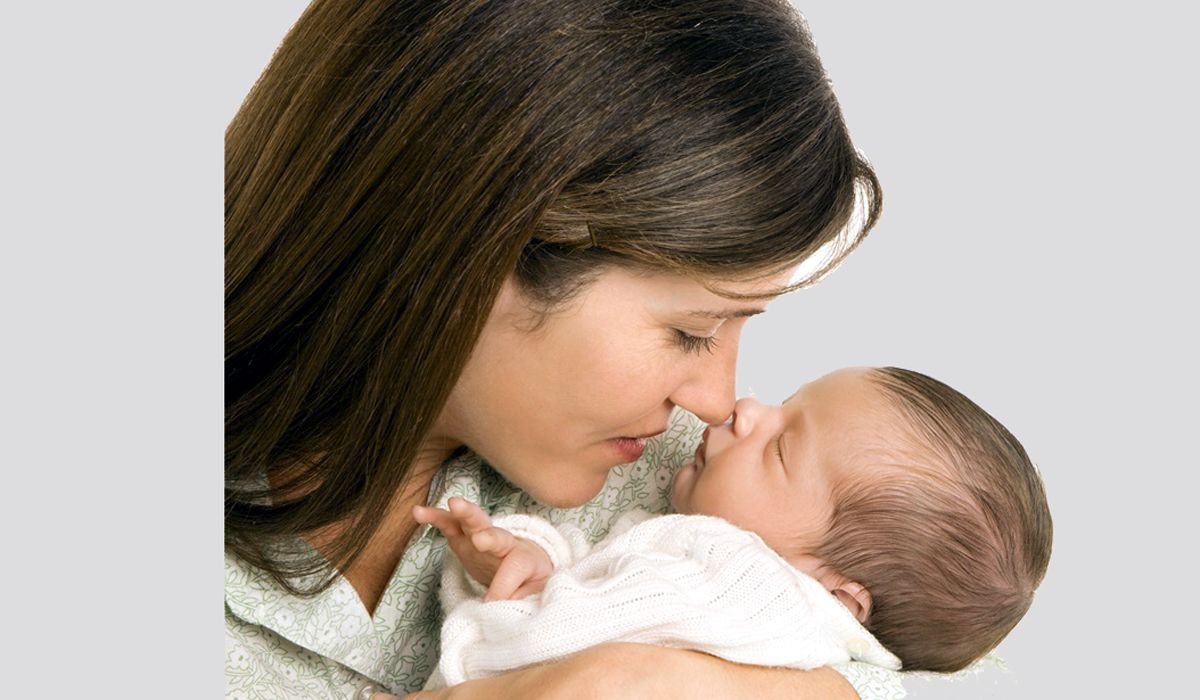Dr Kanchi Khurana
Earlier to calculate birth risks and abnormalities in a newborn, advanced maternal age (AMA) used to be the considering factor, but recent studies now reveal that the father’s age contributes too when it comes to the baby’s overall health.
When Mick Jagger, lead vocalist with the rock group the Rolling Stones welcomed his eighth kid at the age of 73, it brought into limelight the global trend of increase in the number of men who were 35 and older and brought home a new baby. True, men don’t hit menopause in their lives but is delaying fatherhood totally risk-free? According to a recent study conducted in the USA, it has been found that the older men are more likely to have children born prematurely. Infact, of about 40 million births, babies of fathers older than 45 years had a 14 percent higher chance of being born prematurely than those with younger fathers.
Infact, almost a decade back the average age for first-time dads used to be just over 25-30 years. But now, blame it on ambitious fathers or career-oriented mothers, the age bracket has shifted to 35 years and older. In the West, becoming a father in 50s, 60s, and even 70s is a common norm. George Lucas became a father at the age of 69 and so did Steve Martin who had his very first kid when he was 67 years old. Usually, these older dads don’t face any issues in terms of fertility, and their babies too are born healthy without any physical or developmental problems, but that doesn’t mean delaying fatherhood is totally risk-free.
Earlier to calculate birth risks and abnormalities in a newborn, advanced maternal age (AMA) used to be a considering factor, but now many studies have revealed that there’s a cut off age that exists for men too. Infact, if while planning a baby, man’s age is 35 years or above it can create problems for both – newborn as well as the maternal health. So, having a healthy baby is a team sport and the father’s age contributes too when it comes to the baby’s overall health.
Risks Associated With Delaying Fatherhood
Usually babies born to older fathers are more likely to be premature babies, they may need treatment in intensive care, have a lower birth weight, might have respiratory issues or neurocognitive disorder and score lower on a test of overall health. As men cross the age-bracket of 30-35 years, some of their machinery starts to misfire. For instance, with increasing age, there’s a slight decline in cells that support and nurture new sperms. This results into production of more defective sperms, the ones that contain DNA mutations or chromosomal aberrations (numeric or structural) and prove harmful for babies-to-be.
On an average, a 30-year-old father passes on about 55 mutations to his offspring, and with the increasing age, 2 mutations are added each year. However, not all these mutations cause severe health or developmental problems but some do contribute minor problems such as trouble while conceiving or premature birth of the baby, etc. But the majority of these older dads do father healthy children.
The study also highlights that women who had children with older men were more likely to develop gestational diabetes, hypertension, etc. regardless of their own age. Possible genetic changes in the sperm of older men are believed to result in larger or abnormal placenta, which has been linked to gestational diabetes.
Embrace Late Parenthood
Planning a child in your later half doesn’t mean you can’t experience fatherhood after 40. With so many advancements these days, doctors can screen sperms to look out for any DNA mutations. DNA fragmentation testing can be done to measure the amount of damaged DNA in a sperm sample. Similarly, other screening tests can be performed to check the health of DNA of sperm.
Besides, concerned couples can go for in-vitro fertilization (IVF) and opt for a technique called preimplantation genetic diagnosis, which tests each embryo for genetic diseases before it’s implanted into the woman’s womb.
(The author is Gynecologist & IVF Specialist, Indira IVF Hospitals, Chandigarh)
Trending Now
E-Paper


